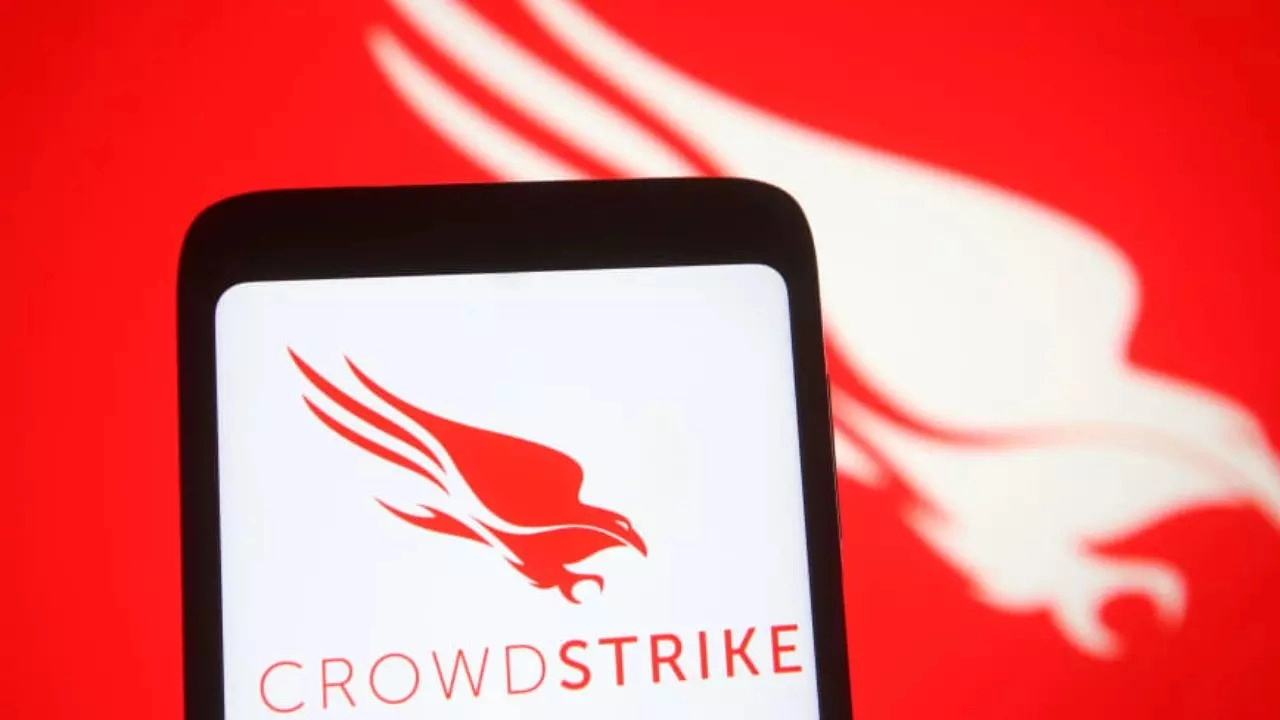While businesses in the U.S. and Europe woke up on Friday to a global IT outage that threw airports and hotels into disarray, China went about its weekend largely unaffected. The culprit? A software update from Texas-based cybersecurity company CrowdStrike, a company that draws more than half its revenue from the United States and whose technology is employed by many of the world’s biggest banks, healthcare providers, and energy companies.

However, China felt the impact minimally. Gao Feng, a senior research director at Gartner, told CNBC, “The impact of Friday’s CrowdStrike incident on China was very small, with almost no impact on domestic public life. Only some foreign companies in China were affected.”
The reason? Chinese companies overwhelmingly don’t use CrowdStrike products. “The main reason is that local Chinese companies basically do not use CrowdStrike products, so they are not affected,” Gao said. “CrowdStrike’s customers are primarily concentrated in Europe and the United States.”
This anecdotal evidence is supported by the smooth operation of ride-hailing services, e-commerce platforms, and other internet-dependent systems in China throughout Friday. Chinese state media also reported normal international flight operations at Beijing’s two airports, with Air China, China Eastern Airlines, and China Southern Airlines all escaping large-scale technical system failures.
While one notable impact of the outage, including in China, was on Microsoft Windows devices attempting to integrate an update of CrowdStrike’s Falcon product (leading to the dreaded blue screen and a cycle of computer restarts), the disruption was short-lived. Even though Microsoft products enjoy widespread use in China, with Windows accounting for approximately 87% of personal computer shipments in the mainland last year (higher than the global average), the impact was muted.
Interestingly, one of the top trending hashtags on the Chinese social media platform Weibo as the outage unfolded was “Thank you Microsoft, [I can] take off early,” accompanied by photos of the “blue screen of death” and discussions about the global disruption. However, this quickly gave way to hashtags about domestic matters, such as Chinese smartphone company Xiaomi’s product launch in Beijing that evening.
A key factor that potentially mitigated the impact on Microsoft users was the localized operation of Microsoft products Office 365 and Azure cloud in China by 21Vianet.
So why the absence of CrowdStrike in the Chinese market? Experts point to the drive by both the U.S. and Chinese governments in recent years to encourage domestic companies to adopt homegrown technologies and store data locally, citing national security concerns. This has fostered a robust domestic cybersecurity sector in China.
Rich Bishop, CEO of AppInChina, which publishes international software in China, stated, “There’s been very little impact because CrowdStrike is barely used in China.” He went on to highlight a certain irony, “This is partly because many of the security threats that CrowdStrike is designed to protect against originate from China.” He added that Chinese companies typically rely on products from local companies like Tencent, 360, and others.
The CrowdStrike incident, therefore, sheds light on China’s commitment to developing its own technological ecosystem, independent of global tech giants. This movement towards technological sovereignty could have significant implications for the future of the global technology landscape.













